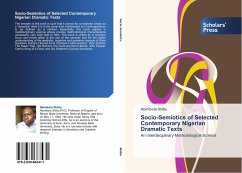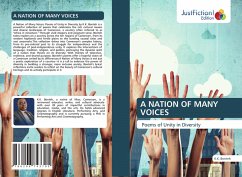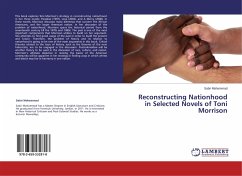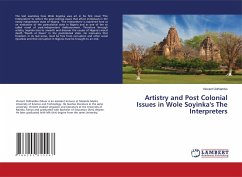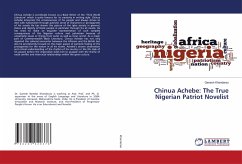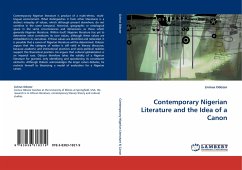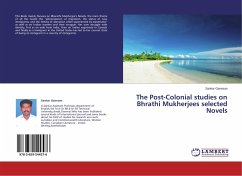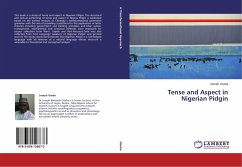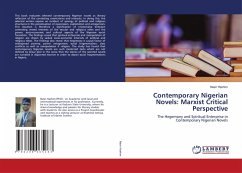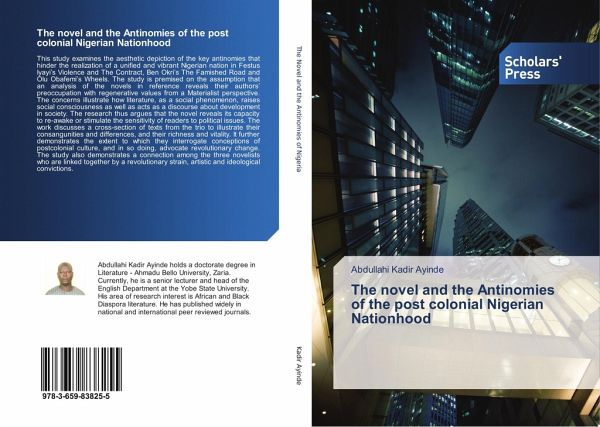
The novel and the Antinomies of the post colonial Nigerian Nationhood
Versandkostenfrei!
Versandfertig in 6-10 Tagen
59,99 €
inkl. MwSt.

PAYBACK Punkte
30 °P sammeln!
This study examines the aesthetic depiction of the key antinomies that hinder the realization of a unified and vibrant Nigerian nation in Festus Iyayi's Violence and The Contract, Ben Okri's The Famished Road and Olu Obafemi's Wheels. The study is premised on the assumption that an analysis of the novels in reference reveals their authors' preoccupation with regenerative values from a Materialist perspective. The concerns illustrate how literature, as a social phenomenon, raises social consciousness as well as acts as a discourse about development in society. The research thus argues that the ...
This study examines the aesthetic depiction of the key antinomies that hinder the realization of a unified and vibrant Nigerian nation in Festus Iyayi's Violence and The Contract, Ben Okri's The Famished Road and Olu Obafemi's Wheels. The study is premised on the assumption that an analysis of the novels in reference reveals their authors' preoccupation with regenerative values from a Materialist perspective. The concerns illustrate how literature, as a social phenomenon, raises social consciousness as well as acts as a discourse about development in society. The research thus argues that the novel reveals its capacity to re-awake or stimulate the sensitivity of readers to political issues. The work discusses a cross-section of texts from the trio to illustrate their consangunities and differences, and their richness and vitality. It further demonstrates the extent to which they interrogate conceptions of postcolonial culture, and in so doing, advocate revolutionary change. The study also demonstrates a connection among the three novelists who are linked together by a revolutionary strain, artistic and ideological convictions.



